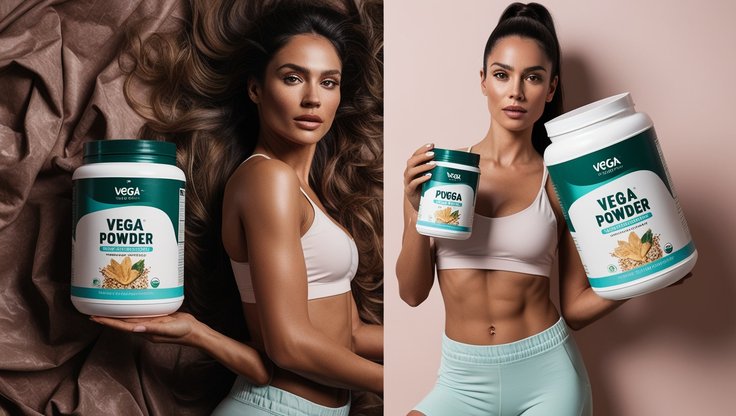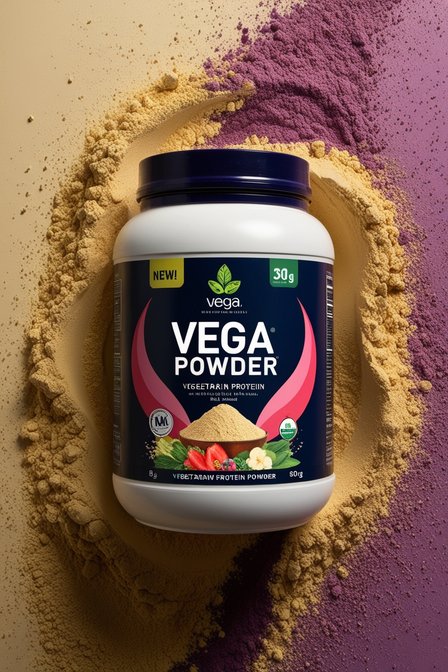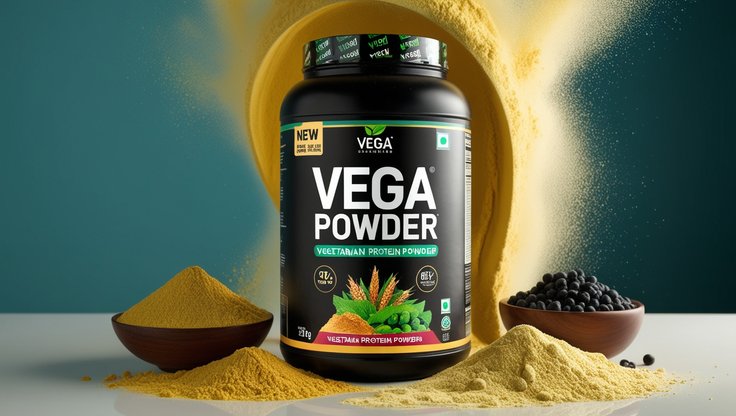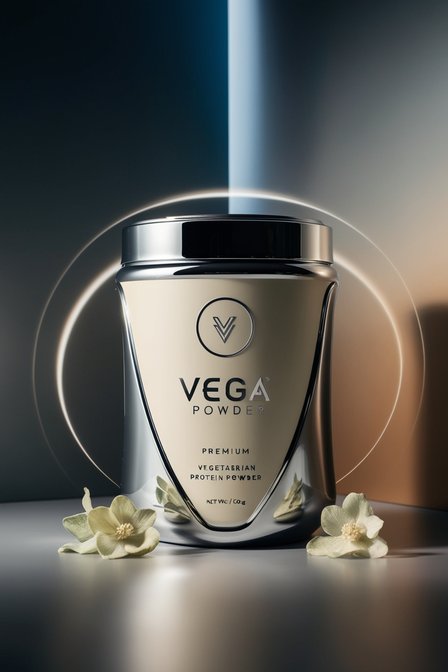Introduction to Vegan Protein Sources
Veganism is more than a diet; it's a lifestyle that excludes all forms of animal exploitation and cruelty. One of the common concerns for those transitioning to a vegan diet is ensuring adequate protein intake. Unlike animal-based proteins, vegan protein sources often come with a diverse array of additional nutrients, making them not only sufficient but also beneficial for overall health. This content aims to delve into the variety of vegan protein sources, highlighting their benefits, availability, and ways to incorporate them into daily meals.
Understanding Protein and Its Importance
Proteins are essential macromolecules that play a critical role in almost every biological process. They are made up of amino acids, which are the building blocks of muscles, tissues, enzymes, and hormones. For the body to function optimally, it needs a continuous supply of these amino acids. While animal products are often considered complete proteins, meaning they contain all essential amino acids, many plant-based sources can also meet these requirements when consumed in a balanced diet.
Legumes: A Cornerstone of Vegan Protein
Legumes, including beans, lentils, chickpeas, and peas, are a staple in many vegan diets. They are not only rich in protein but also packed with fiber, iron, folate, and antioxidants. For instance, lentils offer around 18 grams of protein per cooked cup, making them an excellent choice for soups, stews, and salads. Black beans, with approximately 15 grams of protein per cooked cup, are versatile and can be used in everything from burritos to brownies.
Chickpeas, or garbanzo beans, are another powerhouse, providing about 14.5 grams of protein per cooked cup. They are incredibly versatile and can be used to make hummus, falafel, or roasted for a crunchy snack. Peas, often overlooked, pack about 9 grams of protein per cooked cup and are perfect in soups, salads, or as a side dish.
Nuts and Seeds: Small but Mighty
Nuts and seeds are concentrated sources of protein and healthy fats. Almonds, for example, contain about 6 grams of protein per ounce and are great as a snack, in salads, or as almond butter. Sunflower seeds, with 5.5 grams of protein per ounce, can be added to smoothies, salads, or eaten on their own.
Chia seeds and flaxseeds, though small, are nutritional powerhouses. Chia seeds offer about 4.7 grams of protein per ounce and are rich in omega-3 fatty acids, which are beneficial for heart health. Flaxseeds, with 5.2 grams of protein per ounce, are also high in omega-3s and fiber. Both can be sprinkled on oatmeal, blended into smoothies, or used in baking.
Whole Grains: More Than Just Carbs
Whole grains are often associated with carbohydrates, but many also provide a good amount of protein. Quinoa, often referred to as a pseudo-cereal, contains all nine essential amino acids, making it a complete protein with about 8 grams per cooked cup. It can be used as a base for salads, as a side dish, or in place of rice.
Farro, an ancient grain, offers around 6 grams of protein per cooked cup and has a nutty flavor that enhances soups, salads, and grain bowls. Bulgur, commonly used in Middle Eastern cuisine, provides about 5.5 grams of protein per cooked cup and is a key ingredient in tabbouleh salad. Oats, with 6 grams of protein per cooked cup, are perfect for breakfast as oatmeal or added to baked goods.
Vegetables: Hidden Protein Gems
Certain vegetables, particularly leafy greens and cruciferous vegetables, can contribute significantly to daily protein intake. Spinach, for example, offers about 5 grams of protein per cooked cup and is rich in vitamins and minerals. Broccoli provides around 4 grams of protein per cooked cup and is known for its high vitamin C content and cancer-fighting properties.
Brussels sprouts, with 4 grams of protein per cooked cup, can be roasted, steamed, or added to stir-fries. Kale, another leafy green, contains about 2.5 grams of protein per cooked cup and is packed with vitamins A, C, and K. While not as protein-dense as legumes or grains, these vegetables are essential for a balanced vegan diet.
Soy Products: Versatile and Protein-Rich
Soy products are some of the most well-known vegan protein sources. Tofu, made from soybeans, offers about 10 grams of protein per half-cup serving and can be used in a variety of dishes, from stir-fries to desserts. Tempeh, a fermented soy product, contains about 15 grams of protein per half-cup and has a firm texture, making it ideal for grilling or adding to salads.
Edamame, young green soybeans, provide around 17 grams of protein per cooked cup and can be enjoyed as a snack, in salads, or in stir-fries. Soy milk, a popular dairy alternative, contains about 7 grams of protein per cup and can be used in cereals, smoothies, or baking.
Other Plant-Based Protein Sources
There are numerous other plant-based protein sources that contribute to a diverse and balanced diet. Seitan, also known as wheat gluten, is incredibly high in protein, with about 21 grams per 3-ounce serving. It has a meat-like texture, making it a popular ingredient in vegan meat substitutes.
Hemp seeds offer about 10 grams of protein per 3 tablespoons and are rich in omega-3 and omega-6 fatty acids. They can be sprinkled on salads, blended into smoothies, or added to baked goods. Spirulina, a type of blue-green algae, provides 8 grams of protein per 2 tablespoons and is often added to smoothies or energy bars for a nutritional boost.
Combining Foods for Complete Proteins
While some plant-based proteins are complete, meaning they contain all nine essential amino acids, others are not. However, by combining different plant-based foods, it is easy to achieve a complete amino acid profile. For example, combining rice with beans, or hummus with whole grain pita, provides all the essential amino acids needed by the body.
The Benefits of a Diverse Vegan Protein Diet
A diverse vegan diet rich in various protein sources not only ensures adequate protein intake but also provides a range of other nutrients, including fiber, vitamins, minerals, and antioxidants. This diversity supports overall health, from maintaining muscle mass and supporting metabolic functions to enhancing immune health and reducing the risk of chronic diseases.
Moreover, plant-based proteins are typically lower in saturated fats and free of cholesterol, which is beneficial for heart health. They are also environmentally sustainable, requiring fewer resources and producing less greenhouse gas emissions compared to animal-based proteins.
Practical Tips for Increasing Protein Intake
Incorporating more vegan protein sources into daily meals can be simple and delicious. Start by adding legumes to soups, stews, and salads. Experiment with different types of beans, lentils, and chickpeas to find your favorites. Incorporate nuts and seeds into snacks, breakfasts, and desserts. Try different whole grains as bases for salads, side dishes, or even breakfast porridge.
Explore soy products like tofu, tempeh, and edamame in various recipes. These versatile ingredients can be used in savory and sweet dishes alike. Don't forget about protein-rich vegetables, which can be added to almost any meal for an extra nutrient boost.
Conclusion
Ensuring adequate protein intake on a vegan diet is not only possible but also beneficial for health and the environment. By incorporating a variety of protein-rich plant foods, vegans can enjoy a balanced diet that supports all essential bodily functions. From legumes and whole grains to nuts, seeds, and soy products, the options are plentiful and delicious. With a little creativity and planning, anyone can thrive on a vegan diet while meeting their protein needs.



